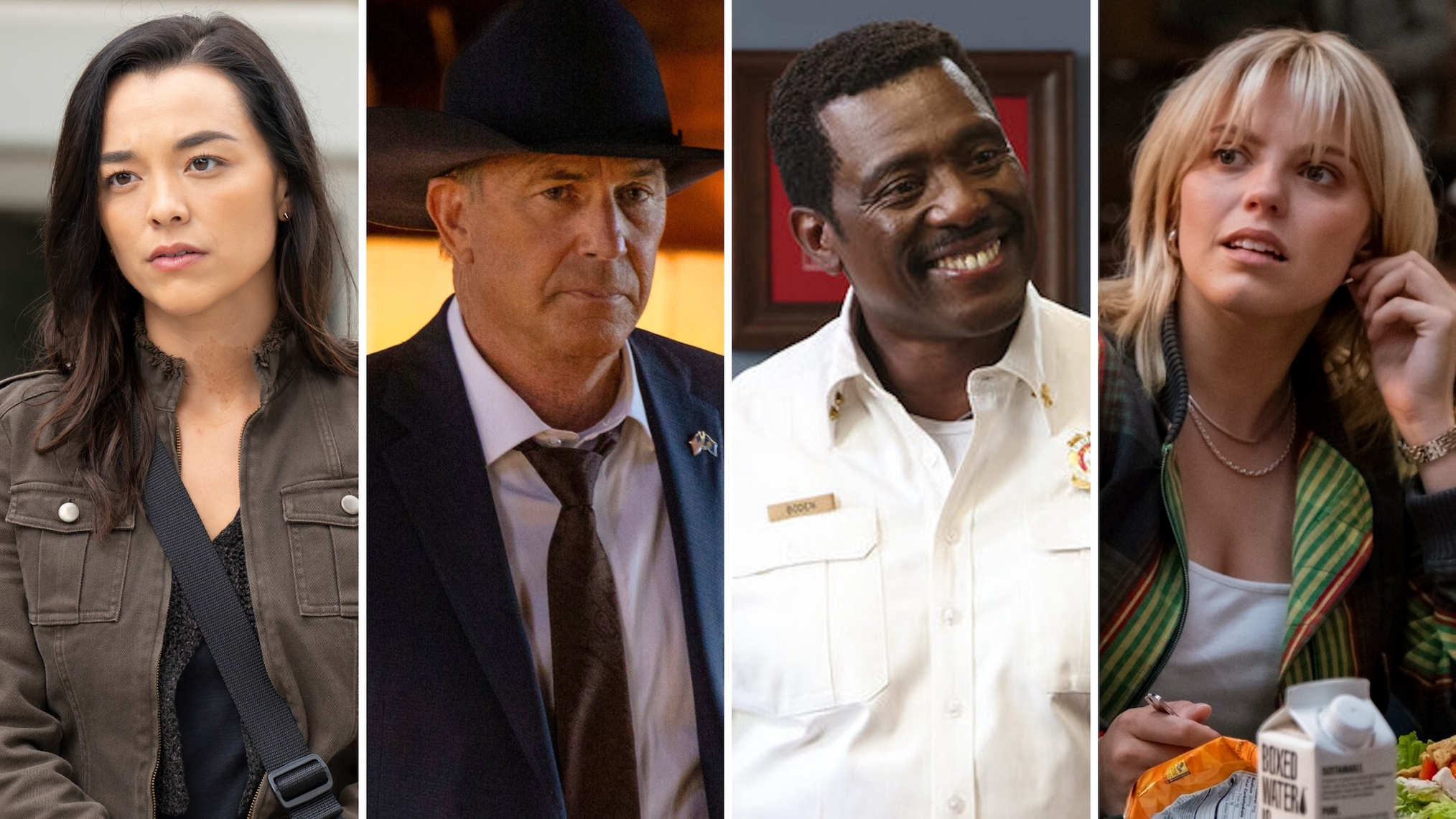
Twitter’s gonzo bloodletting is starting to pay off for Elon Musk, who claims the financially troubled company was just 120 days away from bankruptcy.
Thanks to a loss of advertising revenue in part due to uncertainty around the change in owner, together with $1.5 billion in annual interest payments on the debt he added from the takeover, Musk said the company only had enough cash to survive for four more months when he took over in October.
As a result, four out of every five employees either got the sack or quit voluntarily, bringing Twitter’s staff level down to a current 1,500 from around 7,800, according to figures provided by Musk.
“I’d say we’re roughly break-even at this point,” he told the BBC during a Twitter Spaces interview on Wednesday, when asked whether Twitter now was profitable.
The company’s new owner then gave a more precise answer, saying Twitter may no longer be burning through its reserves of cash—the first step toward bankruptcy if left long enough unaddressed.
“We could be cash flow positive this quarter if things keep going well,” Musk explained.
The tycoon acknowledged a major reason why Twitter was at death’s door was his own $44 billion acquisition, which he reaffirmed only went ahead because a Delaware court forced him to follow through on the deal.
Before he took control, Twitter tracked toward an annualized rate of approximately $4.5 billion in revenue that just about covered its expenses, leaving nothing left over for investors at the end of the day: “It was really kind of a nonprofit; they’d run it at roughly break-even.”
Twitter recovers from biggest crisis
The situation he faced when he first walked into headquarters carrying a sink in October was dire.
“In rough numbers, revenue dropped from $4.5 billion to $3 [billion], and expenses went from $4.5 [billion] to $6 [billion], creating a three-billion-dollar negative cash flow situation and Twitter having a billion dollars in the bank—that’s four months to live,” he said. “So unless drastic action was taken immediately this company was going to die.”
In the meantime, the controversial centibillionaire said he has since opened up the recommendation algorithm to outside scrutiny for greater transparency, while usage was currently at an all-time high at 8 billion user minutes per day.
Now almost all advertisers were either spending money again on the platform or about to return as he felt issues like hate speech had been overblown by the media.
When asked what his biggest crisis was in the six months since taking over, Musk cited performance problems associated with the shutdown of one of Twitter’s three data centers.
Confronted with whether the 81% culling in staff levels affected him personally, he replied, “Yeah.” As the BBC waited for him to elaborate further, Musk then added it was “no fun at all, it’s painful.”
Musk said the chaotic way he carried out the mass sackings was indeed haphazard, but disagreed with the reporter’s characterization that it felt uncaring.
“The company was going to go bankrupt if we did not cut costs immediately,” the tycoon said. “This is not a caring-uncaring situation: If the whole ship sinks, then nobody’s got a job.”













:quality(85):upscale()/2024/12/24/622/n/1922564/9eb50f2c676abd9f1647c5.05876809_.jpg)








